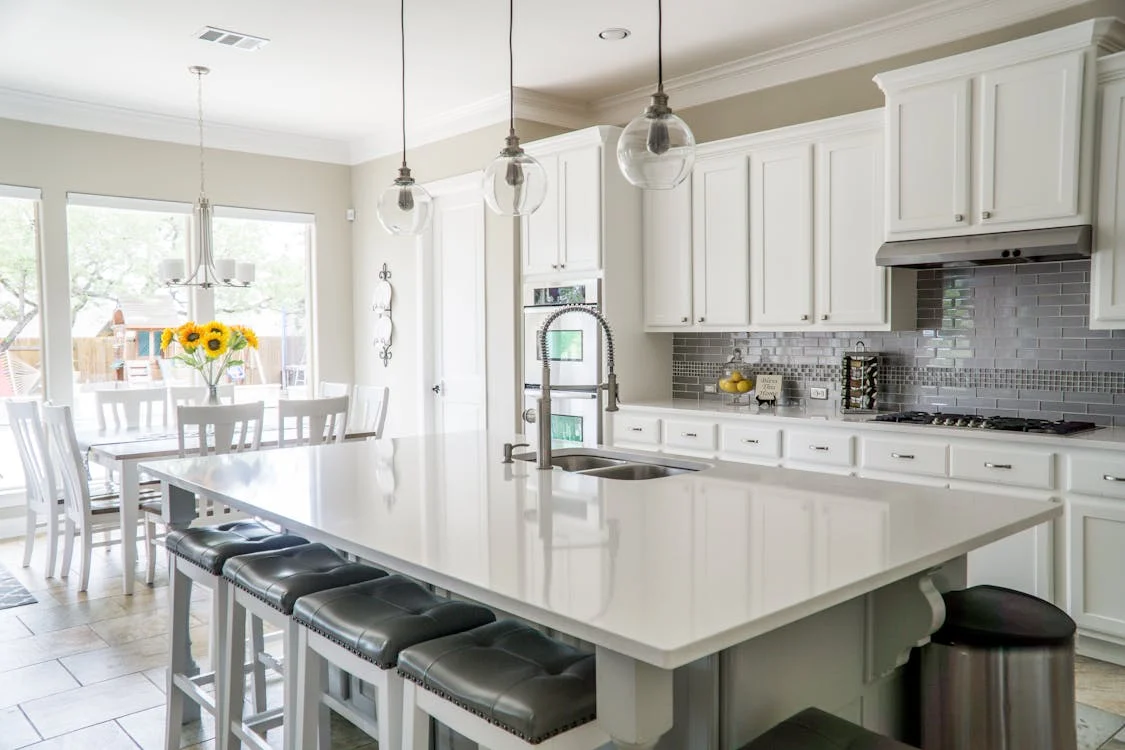Key Issues Uncovered in Home Inspections
When buying a home, a thorough inspection is crucial. It helps you understand the property’s condition and any potential issues. After receiving the inspection report, you have the opportunity to negotiate repairs with the seller. This step can save you thousands of dollars and prevent future headaches. Knowing how to approach these negotiations will give you the upper hand and protect your investment.
A home inspection often reveals problems, both big and small. Some common issues include:
- Structural damage – Problems with the foundation or framing that can be expensive to fix.
- Roofing issues – Missing shingles, leaks, or damaged gutters.
- Electrical problems – Faulty wiring, outdated electrical systems, or overloaded circuits.
- Plumbing concerns – Leaks, clogs, or outdated pipes that could lead to water damage.
- HVAC system issues – Malfunctioning heating or cooling systems that need repair or replacement.
Not all problems are deal-breakers. Some issues are minor, while others can pose safety risks or lead to bigger problems later. It’s important to focus on negotiating repairs for the critical issues, especially those that affect the home’s structure, safety, or legal compliance.
By identifying and prioritizing these key areas, you’ll be better prepared when you enter negotiations. This will set the foundation for a successful process that ensures your home is both safe and sound.
The Negotiation Process
Reviewing the Inspection Report
After receiving the home inspection report, take time to review it thoroughly. Look for any serious problems that may affect the home’s safety or structure. These could include foundation cracks, electrical hazards, or plumbing leaks. While cosmetic issues like chipped paint or loose cabinet doors are less critical, they should still be noted. Prioritize issues that are expensive to repair or might pose a risk.
Once you have a clear understanding of the report, separate the major concerns from minor ones. Focus on negotiating the repairs that would cost the most or impact the home’s functionality. This will help you stay organized and ensure you ask for the most important fixes.
Understanding Repair Options
There are several ways to approach repairs after a home inspection. The three main strategies are:
- Asking the seller to make repairs – You can request the seller to fix specific problems before closing the deal. This is a common approach for significant issues, like a broken HVAC system or a leaky roof. Make sure to set clear deadlines for when the repairs should be completed.
- Requesting a price reduction – Instead of asking for repairs, you may prefer to negotiate a lower sale price. This gives you control over the repairs and allows you to choose contractors. It can also save time since the seller doesn’t need to handle the work.
- Seller credits at closing – Another option is to request a credit at closing. This money is set aside to cover repairs after you take ownership. It’s a flexible option that can also help you with other closing costs.
Each of these options has pros and cons. For example, asking the seller to make repairs saves you time, but you may not control the quality of the work. A price reduction or credit gives you more flexibility, but it requires you to handle the repairs later.
Preparing for Negotiations
Before you start negotiating, gather all the information you need. If the inspection revealed costly repairs, get estimates from contractors or professionals. This will give you a better idea of how much the repairs will cost and help you make a strong case to the seller.
When you’re ready to negotiate, present the inspection report along with your list of repair requests. Be specific about the issues you want addressed and back up your requests with facts. Showing the seller concrete evidence of the problem and the estimated costs will make it harder for them to deny your requests.
Tactics and Best Practices
Effective Negotiation Tactics
When it comes to negotiating repairs after a home inspection, strategy is key. Start by focusing on the high-priority repairs. These are the issues that affect the home’s safety, structure, or function—such as a cracked foundation, faulty wiring, or leaks. Sellers are more likely to agree to fix these because they could also deter future buyers if the deal falls through.
For minor or cosmetic repairs, be flexible. You may not want to push too hard for smaller fixes like chipped paint or loose fixtures. These are often easier and less expensive to handle on your own after the purchase. By concentrating on the big-ticket items, you keep the negotiations productive without overwhelming the seller.
It’s also important to maintain a cooperative tone throughout the negotiation process. Sellers will be more willing to work with buyers who are reasonable and respectful. Present your requests as a fair solution to address critical issues rather than a list of demands. This approach encourages the seller to see the benefit of making repairs to complete the sale.
What Happens if the Seller Refuses?
Sometimes, a seller may refuse to make repairs or negotiate. If this happens, you still have options. One possibility is to renegotiate the purchase price or ask for a credit at closing. If the seller is unwilling to lower the price, consider whether the home is worth the investment with the repairs left undone.
In some cases, it may make sense to walk away from the deal. If the inspection reveals serious problems and the seller refuses to address them, the cost of repairs may outweigh the value of the home. Be sure to know your limits and be ready to move on if needed.
Before making any decisions, consult your real estate agent. They can provide guidance and help you weigh the pros and cons of continuing with the purchase or looking for another property.
